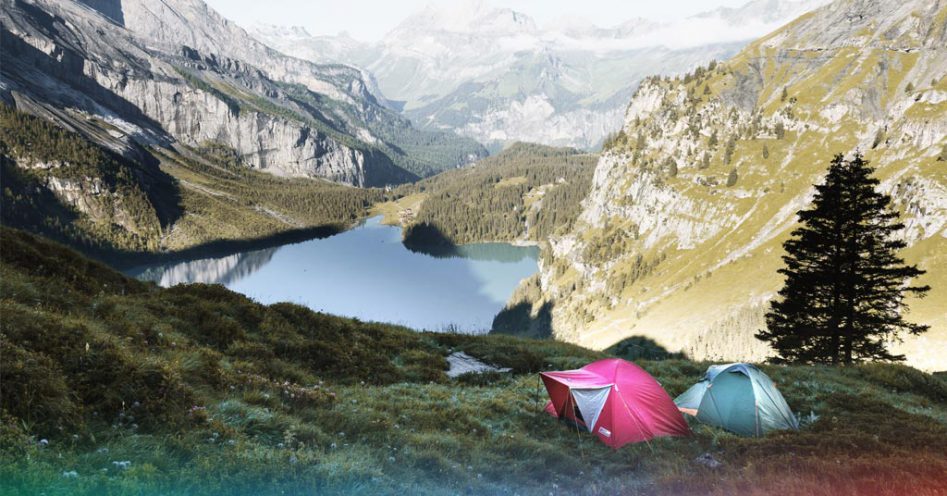Boris Johnson has confirmed that as of July 4th camping and caravan sites across the UK will be reopening, provided they can follow the lockdown guidelines. Public Facilities such as showers, bathrooms and washing up facilities will need to be social distance ready before they can reopen. In some cases, this will mean campsites may reopen but not have any facilities available to the public. However, in most cases this won’t be the case. Public washrooms can easily accommodate social distancing and washing up areas are typically outside anyway.
As well as campsites and caravan parks, hotels, B&Bs and holiday lets are all able to reopen as well, providing they comply with social distancing. The government have also confirmed that you can include one other household. This means that two households will be able to go on holiday together.
If you are considering booking a camping holiday make sure you book after the 4th of July to avoid getting hit with any fines, as lockdown rules ease this will become less of a risk but is still a possibility at the moment. If you book a camping holiday remember to social distance as campsites will be getting busier due to summer and lockdown rules easing, maybe even consider wild camping.
What is wild camping?
Wild camping is about getting away from the busy campsites and exploring mother nature. This generally means camping out in the wilderness with no local facilities around you, showers, bathrooms and wash stations for example.
Wild camping is illegal in most of the UK and Wales however it is allowed with permission from the landowner. There is currently only 1 district that allows this in the UK, The Lake district in Cumbria, is one of the only places in the UK you can legally wild camp. Although the Cumbria district banned wild camping during the lockdown, as measures are easing from July 4th, they are allowing people to wild camp again.
Wild camping in Scotland is a little different. Due to the right-to-roam laws, wild camping is allowed almost anywhere in Scotland. It still has its limits, for example you can’t simply camp in someone’s garden, farmed land, schools or golf courses.
Rules for Wild Camping
There are only a few rules for wild campers. The main rule is if you’re asked to move on you do so without hesitating. This is because you most likely don’t have the landowners permission. If the landowner doesn’t want you there, you don’t stay there. After that there are only a few basic rules:
- Leave nothing behind: Try to leave your campsite as you found it. This is especially important when camping on national parks and protected landscapes. The area needs to be kept clean for others to enjoy.
- Absolutely no open fires: Even if there are signs that fires have previously been lit, Lighting fires can not only be dangerous but will also spoil the landscape and leave a trace of your visit.
- Don’t be an eyesore: When other people are out walking and hiking, they want to enjoy the landscape as much as you do. You should therefore make sure you don’t take over the view/try to keep your campsite hidden or out of the way.
What do you think?
Personally, I love camping, but a wild camping trip is a bit more freeing, it allows you to camp and enjoy your surroundings without the constant noise of others around you in a traditional campsite. After lockdown eases, I will certainly be looking forwarding to wild camping again myself.
Network Engineer
Tristan is a Network Engineer at Optima Systems. He has always had a keen interest in IT, studying throughout School at The Weald, in Billingshurst, before moving onto an Extended IT Diploma at Chichester College. He joined Optima in January 2020. More about Tristan
- Out of the Office…well My Usual One at Least!
- Network Support Engineer as a Career: My First Steps
- Why is Communication Important in Business?
- Working from Home – The Pros and Cons I’ve Noticed So Far
- My First Week as a Network Engineer Apprentice
- A Look Back at My 25 Years in IT
- Optima Systems is 30 Years Old!
- Optima Systems is now ISO 9001 Certified

